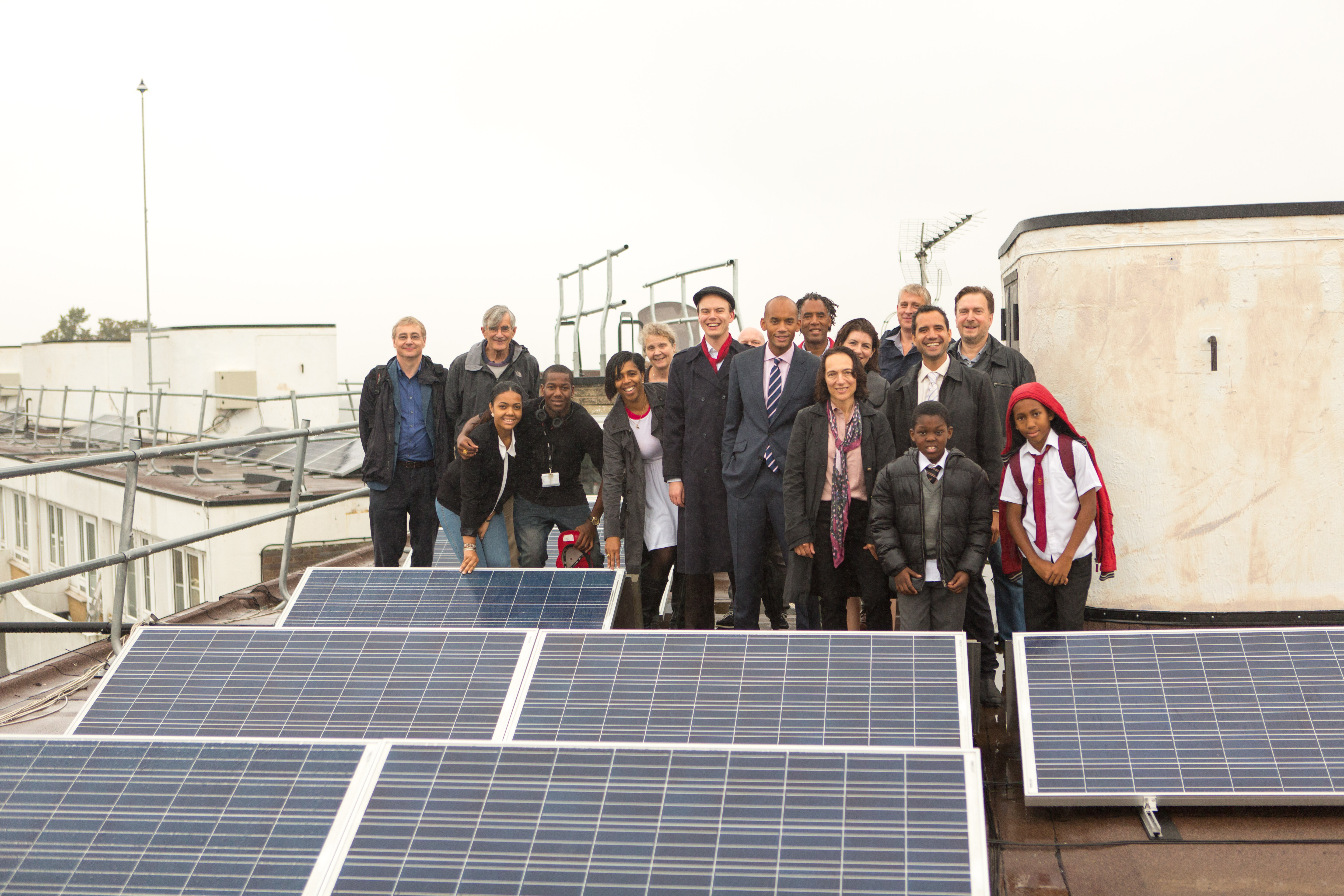Press
A landmark day for Europe’s march towards energy democracy
14 June 2018, Brussels - In the Early hours of Thursday morning, the European Parliament and the Council finally reached a political agreement on rules for how Europe will roll out renewable energy over the next decade. The EU now has a binding objective of increasing renewables by 32% by 2030, with the possibility to review the target in 2023 in order to revise it upward. The new rules also represent an unprecedented step-change in the energy transition, as for the first time ever they provide an explicit role for citizens and communities in the future of renewables.

The Renewables Directive now contains a strong definition of ‘renewable energy communities’ as well as a definition of ‘self-consumption’. Importantly, the directive provides rights, as well as a basis for developing national rules and enabling regulatory frameworks to help them flourish throughout Europe. Among other things, the Directive ensures renewable energy communities are taken into account in national renewables support schemes, it supports collaboration with local authorities, and it encourages the role of renewable energy communities in helping vulnerable customers and alleviation of energy poverty. Lastly, the directive contains strong rules to ensure households who self-consume renewables without feeding it into the grid are exempt from grid charges.
While national governments persisted in trying to obstruct giving citizens rights as self-consumers, it was the Parliament, standing with the citizens, that won the day. Due to the tenacity of Rapporteur ‘Pepe’ Blanco Lopez and the other leading MEPs (and perhaps with a bit of luck from government changes in Italy and Spain), the EU can now send a clear signal that it is more ambitious on renewables and that citizens and communities are key to the energy transition’s success.
Dirk Vansintjan, President of REScoop.eu, states: “this is a remarkable day for European energy citizens. Up until yesterday they had no recognition in Europe’s energy policy. Now, they have a set of tools to empower themselves and their communities so that they can prosper in the energy transition.” Vansintjan continues: “the potential is already there, citizens have already been taking action. Now that they have the support of the EU, they can finally reach and even exceed this potential.”
Now, the hard work of translating these new rules into national law will soon begin. But before that, the Parliament and the Council must finalise energy efficiency and governance, and move onto negotiating Europe’s new energy market design. The latter will help determine whether energy communities, citizens and other new market actors have access to an equal playing field across Europe’s energy market.
About REScoop.eu
REScoop is the European federation for renewable energy cooperatives. We are a growing network of 1,500 European REScoops and their 1,000,000 citizens who are active in the energy transition. Our members produce and supply renewable energy, operate distribution networks, perform energy efficiency, perform aggregation, engage in energy sharing, and provide electric car-sharing.
For more information
Josh Roberts - Advocacy Officer
T: +32 493 400 933
Email: josh.roberts@rescoop.eu